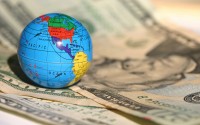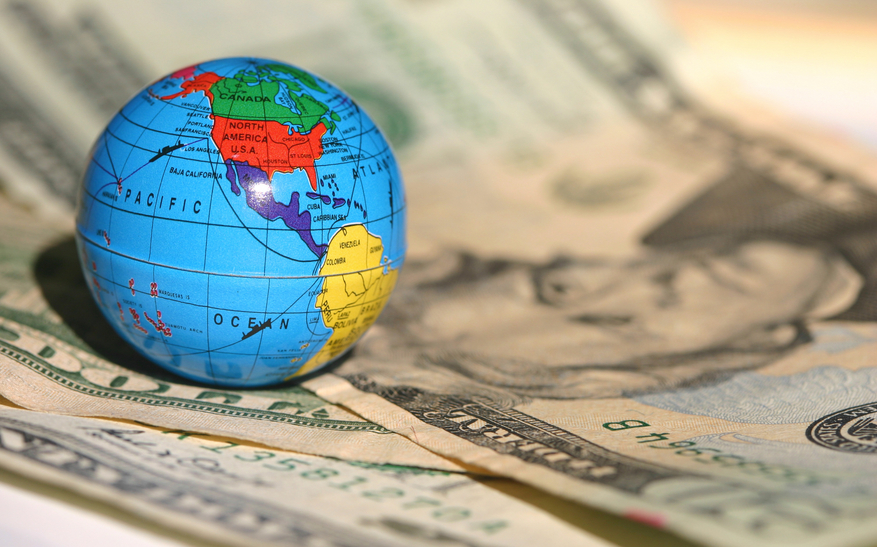 With less than six months to go before Copenhagen, the global climate negotiations are at a pivotal moment. After a two-week negotiating session in Bonn, the negotiations are turning the corner.
With less than six months to go before Copenhagen, the global climate negotiations are at a pivotal moment. After a two-week negotiating session in Bonn, the negotiations are turning the corner.
Or are they?
For the first time, negotiators in Bonn debated the draft text of a global deal – a mixed bag of good, bad and fuzzy proposals for tackling climate action — proposals that will form the basis of negotiations over the next six months.
Many key issues remain contentious, including the wide gap between what developed countries are prepared to do on emissions reductions and what developing countries and the science itself demands. But it’s the financing issue that could break the camel’s back.
Walking around the negotiating halls in Bonn the past two weeks, there was an unmistakable buzz: What are we going to do to support vulnerable developing countries facing severe climate impacts? And how are we going to finance developing countries’ shift to clean energy pathways?
As the talks progress, it is becoming very clear that unless those issues are addressed in a serious way, we won’t see a deal this December.
Developed countries are going to have step up and deliver on the promises they made over 15 years ago, when the UN Framework Convention on Climate Change was signed, to support the efforts of developing countries to adapt to climate impacts and adopt clean energy technologies.
Various proposals to create the financing structure needed for a Copenhagen deal are being put on the table, but so far, it doesn’t seem that the U.S. and other developed countries are reaching high enough.
Take, for example, a plan from Mexico, sometimes called the “Green Fund” proposal that has gained momentum at the Major Economies Forum in Paris and has received support from European countries at the negotiations in Bonn. The proposal recognizes the need for financing for developing countries and includes a clear structure under the UN Framework Convention on Climate Change for overseeing and delivering on climate finance. But it lacks any real means for generating resources, depending instead on contributions from developed and developing countries, based on emissions responsibility, economic capability (GDP), and population.
Unfortunately, however, we know from the long history of development assistance and the short history of the LDC Fund, however, that it’s just not enough for developed countries simply to state or even commit to a certain level of funding. We can probably skip reciting the litany of failed promises in development funding to convince you how uncertain these kinds of commitments are. It’s simply not enough to rely on developed country governments to cough up the money they’ve promised.
So what’s to be done? Oxfam released a report last December at the UN climate talks outlining a series of possible international mechanisms to raise finance in a guaranteed way, such as from emissions schemes in the international aviation and shipping sectors that are currently not covered under an international emissions cap. These practical financing mechanisms could raise enough money from polluters without governments having to dip into national treasuries.
Developing countries have already put forward a proposal to place a small “passenger” levy on international air travel, which could generate billions of dollars in financing. Similarly, an emissions trading scheme could be established in these sectors to place a cap on emissions, and the emissions allowances or permits in the sectors could be auctioned.
These proposals have to be seriously considered by the U.S. administration as they weigh options on how to generate finance for developing country climate actions. We simply won’t be able to raise the necessary cash if we rely on domestic appropriations alone. Global approaches for global investment are a crucial part of a global solution.



